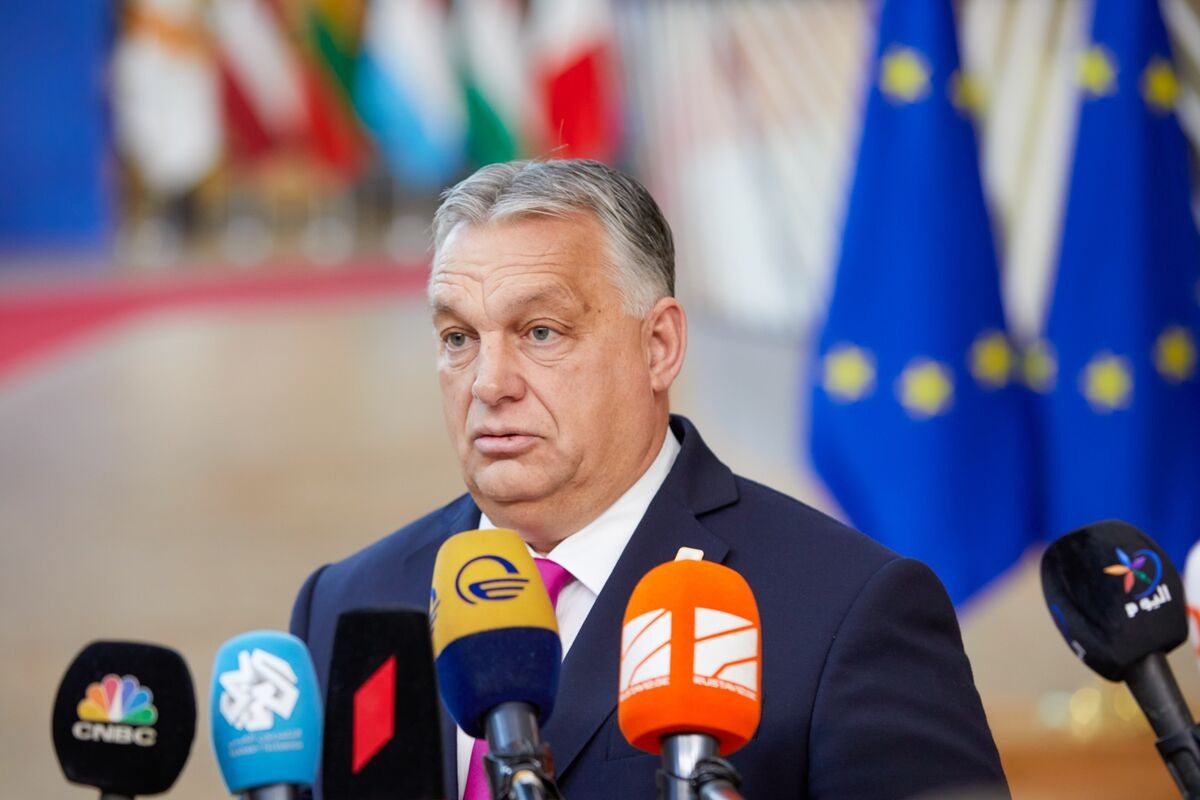
Bloomberg
Media Bias by Omission: Bloomberg Doesn't Investigate Democratic Presidential Candidates
As of Nov. 2019, Bloomberg admits that it engages in bias by omission with a Lean Left bent. Mike Bloomberg, New York City mayor and founder of the financial software company that owns Bloomberg, officially entered the 2020 Democratic presidential race in Nov. 2019. According to a memo sent to editorial and research staff obtained by CNBC and verified by a Bloomberg spokesperson, Bloomberg News announced it would refrain from investigating Mayor Bloomberg and his Democratic rivals.
“We will continue our tradition of not investigating Mike (and his family and foundation ) and we will extend the same policy to his rivals in the Democratic primaries. We cannot treat Mike’s democratic competitors differently from him,” Editor-in-Chief John Micklethwait said in the memo.
In Dec. 2019, President Donald Trump's campaign announced it would stop credentialing Bloomberg News reporters for rallies and other events until the outlet resumed investigating Democratic candidates.
Mike Bloomberg is founder and 89% shareholder in Bloomberg LP, the financial software company that owns Bloomberg News.
Hungarian strongman leader Viktor Orban is said to be a fan of Charles De Gaulle. But unlike the Frenchman’s 1960s European boycott that paralyzed policymaking, Orban’s stage-managed exit from this week’s EU leaders’ summit was a boost rather than a crisis for unity with Ukraine. The risk, though, is of bigger fights to come.
The EU leaders’ agreement — minus Orban — to open membership talks with Ukraine and Moldova is a historic, if symbolic, signal and a message to Vladimir Putin and Donald Trump that there’s still momentum behind Kyiv even as US aid hangs in the balance. The alternative would have been a sorry indictment of the bloc’s wider geopolitical ambitions and of Orban’s ability to derail them.
EU leaders were also keen to put a positive spin on the fact that they were unable to agree on financial support for Ukraine, due to Orban once again blocking an extra €50 billion ($54.7 billion) aid package for Ukraine. Outgoing Dutch Prime Minister Mark Rutte said only Hungary opposed the aid and other revised budget plans, but he was “fairly confident” there’d be a breakthrough early next year. And he knows a thing or two about EU budget spats.











